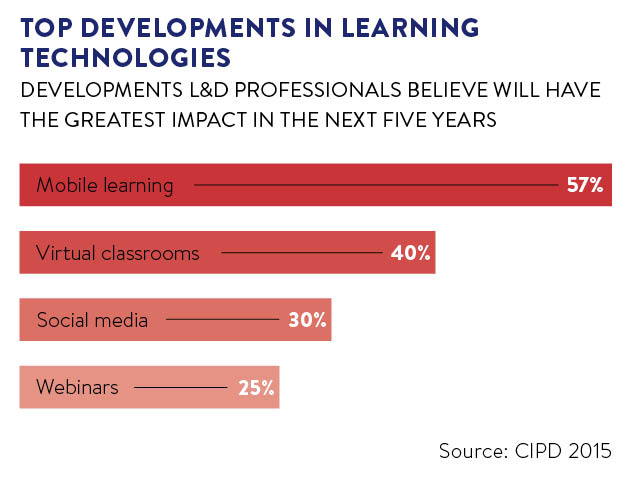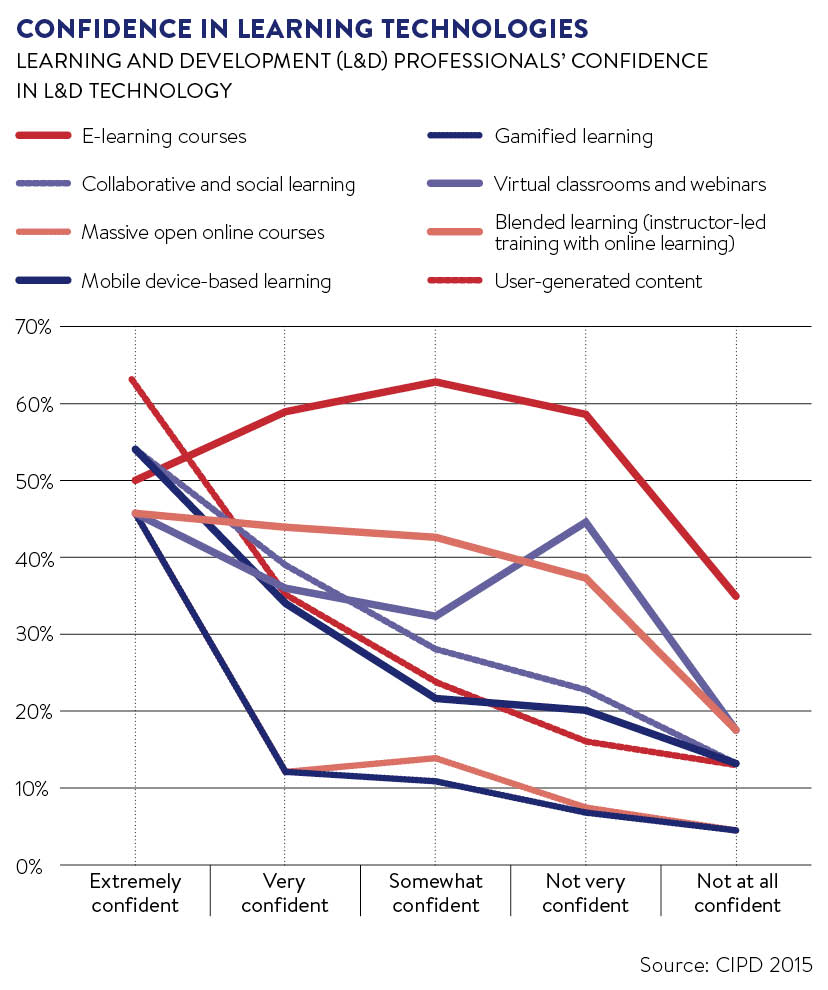Facebook tycoon Mark Zuckerberg elicited a few gasps a while back during a Q&A at Beijing’s Tsinghua University by switching to Chinese. The verdict on his lingo was good – decent vocabulary, although his pronunciation was a little iffy. Chinese is notoriously hard to learn. One Chinese language professor calls it: “A five-year exercise in humility.”
Yet here was the young tycoon, taking questions from all-comers. As one observer put it: “Mark Zuckerberg became fluent in Mandarin while you surfed Facebook.”
If he can find the time to learn a new skill, so can we all. In fact, it’s more than optional. Without constant learning, we risk obsolescence. Just look at the jobs market. The best jobs didn’t exist ten years ago: self-driving car engineer, blockchain developer, social media creator and anything whatsoever to do with big data or the internet of things – all new.
And the employers? None of Uber, Twitter, Tesla Motors, Dropbox, Spotify and WhatsApp existed 12 years ago.
Great companies demand their employees take time out for education
So how can we do a Zuckerberg and upskill to thrive in the future? First up, make time. Great companies demand their employees take time out for education. Benchmarks vary, but Nupur Mallick, human resources director at Tata Consultancy Services, a company with a glittering reputation for investing in people, offers a good rule.
“Company-wide, we average about ten full days or over 75 hours of learning per employee a year. We encourage unlimited and flexible learning rather than imposing a minimum quota for education,” she says.
Digital learning
To maximise learning it is vital to go digital. MP3s, podcasts, Kindle books and online lessons are essential. Digital lessons mean a trip to a coffee shop can become a half-an-hour cramming session. A car becomes a podcast lecture theatre.
Bank of America Merrill Lynch is making the switch to all-digital learning for its employees. Neeha Khurana, the bank’s international head of talent, reveals that until recently 100 per cent of learning was done face to face. Now that’s down to 25 per cent. The time allocated is flexible. The old method of scheduling fixed hours has been discarded, in favour of a learner-chosen model. Companies looking to create a similar scheme need to research virtual learning environments, in which all lessons and material are put online.

And what subject matter will future-proof your career? Now there’s a tough question, but polling data seems to give some clear answers. For example, coding school General Assembly reports the most in demand coding languages are SQL, Java, Python, JavaScript, C#, C++, PHP and Ruby on Rails. In truth, this isn’t news to anyone in software. Most professionals know full well what technologies they need to master. What is harder is gaining the freedom to get permission to study blue-sky subjects not related to your job.
IT managed services provider EACS has a nice solution to this issue. At first staff are taught relevant skills for their jobs. Then, as they mature, the curriculum broadens. Managing director Mike Dearlove says: “Everyone at EACS has a professional and personal training plan linked not only to their current role and business needs, but also their future aspirations.
“For example, if a member of the service-desk team aspires to become a consultant, they discuss this with their line manager and as well as developing their technical skills are given an opportunity to work with a product team to understand the role and whether it is what they would like to pursue.”
An employer wanting to future-proof its staff would do well to follow this template. Short courses in coding in particular are a great way to diversify the skills and awareness of staff, even if they don’t deal with software.
Learning code
Dean Jenkins, managing director of coding school Codez Academy, says: “We run a 12-week course for adults to develop skills in the evenings in order to reduce impact on their work schedule, for example. Either way, any basic coding courses available are capable of providing individuals with core knowledge of CSS, HTML and JavaScript, all of which are used in the creation of websites.”
Ensuring a workforce is fit for the future means addressing “soft skills”. Mental health could be a key ingredient. Accountancy body ICAEW is working with advice centre CABA to provide tuition in skills such as resilience, balancing family life and dealing with stress.
[embed_related]
Alison, an auditor who attended a CABA course on mindfulness, says: “All the courses showed me that I’m able to have time away from my family without worrying about what was going on at home. It’s all about doing what you are doing in that moment well, which was good preparation for work. The emotional intelligence course was good for my confidence too. I realised that I’m good at reading situations. It’s made me feel positive about myself.”
Employers of the future will need to offer training if they want to hold on to stars. Research by online tuition platform Coursera found that nearly 70 per cent of 22 to 25 year olds in the UK put training offered by employers as one of the top three reasons to move jobs.
Anyone wanting to stay relevant in the workforce needs to get engaged in constant learning. Besides, the courses are so mouthwatering.
 Online provider FutureLearn offers courses in 3D printing, big data, mathematical modelling using data, and online identity to the likes of the European Space Agency or Cancer Research. Or how about Futurism and Business: Dealing with Complexity, a free online course starting on October 31 with FutureLearn. It’s four hours a week for four weeks.
Online provider FutureLearn offers courses in 3D printing, big data, mathematical modelling using data, and online identity to the likes of the European Space Agency or Cancer Research. Or how about Futurism and Business: Dealing with Complexity, a free online course starting on October 31 with FutureLearn. It’s four hours a week for four weeks.
Don’t say you are busy. Remember Mark Zuckerberg.
ESTABLISH YOUR OWN ACADEMY
If you want to make education a priority in your company, there’s nothing like establishing your own in-house school or academy. For example, manufacturer Renishaw created its Applications Academy in 2010, which puts new hires through a 21-month training programme to become an applications engineer. It ensures Renishaw can achieve a high level of knowledge in a specialist area of technology.

Two years ago the Mortgage Advice Bureau realised it needed a place for staff to learn. With 850 advisers offering advice on mortgages totalling £12 billion annually, the AIM-listed company was too big and growing too fast to conduct training on an ad hoc basis.
Head of learning David Bedlow recalls: “Having looked around the market at other recruitment and training models, we found several that had tried and failed.” So Mr Bedlow founded an academy from scratch.
The result is a four-month course run by mentors. The first challenge is to train the mentors themselves, so they are coached how best to develop their future pupils. This includes soft skills such as motivation and personality profiling.
The course begins with an induction and leads on to three modules focused on the key areas of mortgage advice: general insurance, mortgages and protection, with a fresh module starting each month.
A key to the academy is recognition that different people prefer to learn in different ways. Mr Bedlow explains: “We tailor content to suit different styles and levels of learner, from traditional stand-up workshops to e-learning packages and video learning.”
Naturally, learning does not always have to take place in-house. Industrial conglomerate United Technologies Corporation promotes lifelong learning with its employee scholar programme, which pays for tuition, books and other costs for employees on accredited courses. In the past two decades, the corporation has helped staff gain 38,000 degrees – a return on the $1.2 billion invested over that period.
Digital learning

Learning code






